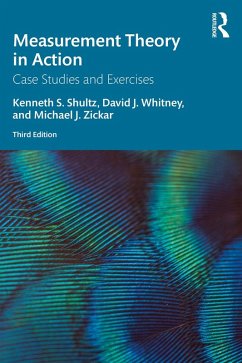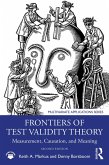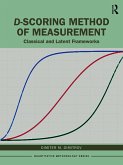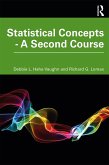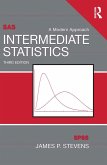Measurement Theory in Action, Third Edition, helps readers apply testing and measurement theories and features 22 self-contained modules which instructors can match to their courses. Each module features an overview of a measurement issue and a step-by-step application of that theory.
Best Practices provide recommendations for ensuring the appropriate application of the theory.
Practical Questions help students assess their understanding of the topic. Students can apply the material using real data in the
Exercises, some of which require no computer access, while others involve the use of statistical software to solve the problem.
Case Studies in each module depict typical dilemmas faced when applying measurement theory followed by
Questions to Ponder to encourage critical examination of the issues noted in the cases. The book's website houses the data sets, additional exercises, PowerPoints, and more. Other features include suggested readings to further one's understanding of the topics, a glossary, and a comprehensive exercise in Appendix A that incorporates many of the steps in the development of a measure of typical performance.
Updated throughout to reflect recent changes in the field, the new edition also features:
- Recent changes in understanding measurement, with over 50 new and updated references
- Explanations of why each chapter, article, or book in each module's Further Readings section is recommended
- Instructors will find suggested answers to the book's questions and exercises; detailed solutions to the exercises; test bank with 10 multiple choice and 5 short answer questions for each module; and PowerPoint slides. Students and instructors can access SPSS data sets; additional exercises; the glossary; and additional information helpful in understanding psychometric concepts.
It is ideal as a text for any psychometrics or testing and measurement course taught in psychology, education, marketing, and management. It is also an invaluable reference for professional researchers in need of a quick refresher on applying measurement theory.
Dieser Download kann aus rechtlichen Gründen nur mit Rechnungsadresse in A, B, BG, CY, CZ, D, DK, EW, E, FIN, F, GR, HR, H, IRL, I, LT, L, LR, M, NL, PL, P, R, S, SLO, SK ausgeliefert werden.

